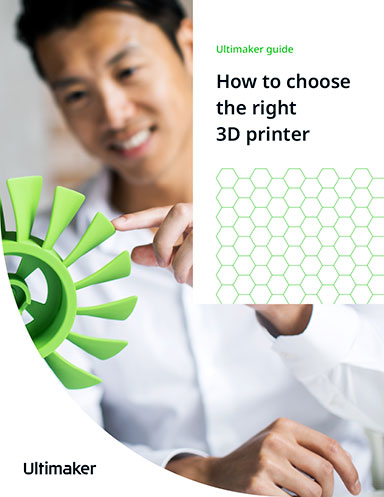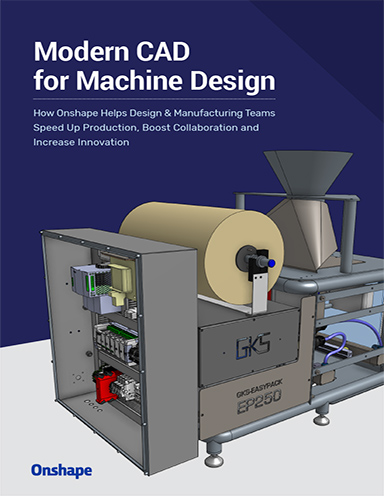Alpine Advanced Materials Debuts Rapid Prototype Molding
Complementing Alpine's suite of high-performance engineered materials and advanced design services, RPM Freeform Injection Molding delivers complex injection molded parts quickly.

Rapid Prototype Molding (RPM) delivers production-level components at a relatively low cost ideal for low volume testing, according to Alpine Advanced Materials. Image courtesy of Alpine Advanced Materials.
Latest News
September 1, 2022
Alpine Advanced Materials introduces Rapid Prototype Molding (RPM) using Addifab's resin system and Nexa3D's printers to give clients a more rapid tool manufacturing solution that provides a functional and testable part, Alpine reports. Complementing Alpine's suite of high-performance engineered materials and advanced design services, RPM Freeform Injection Molding delivers complex injection molded parts quickly and affordably, the company adds..
“The clients we work with whose parts must meet various certification—UL, FAA and MIL-spec, among others—need to have a 'real' part to test against their real-world challenges. RPM facilitates that by getting testable parts into the field quickly,” says David Brantner, chief executive officer of Alpine Advanced Materials. “Think of companies bidding for military or aerospace contracts—it's powerful to have data that backs up whether your components actually work.”
RPM delivers production-level components at a relatively low cost ideal for low volume testing, the company says. Giving product designers the chance to fully prove a part before committing to a steel mold, RPM also allows for design iterations that make testing more dynamic, Alpine adds.
“The design freedom Alpine can now offer their clients with Addifab Freeform Injection Molding opens the way to faster, cheaper, and greener product development,” says Carsten Jarfelt, chief commercial officer of Addifab in the USA. “Our technology supports product development with economical prototype tooling, cutting an average of 85 percent off the price a first functional component, and can make it faster than ever before.”
Using RPM, Alpine clients can additively manufacture a tool cavity injection mold, a negative of the designed part, then create the prototype using the cheaper mold. Once produced, the mold is dissolved away, leaving an injection molded prototype with fiber alignment for strength and without the surface finish issues of 3D printing.
Additionally, with separable components, RPM allows for two-part tools that can be used repeatedly for low volumes that also convey both form and function equivalent to that of a standard steel tool. Alpine is known for HX5 and its advanced design for manufacturing services, helping companies evolve to use new materials and methods in designing superior parts and components.
“One of the biggest barriers in transitioning to advanced materials is the weighty cost and time commitment required to test actual parts. Too often, the prospect of paying for a prototype that will cost tens of thousands of dollars stops innovation dead in its tracks,” adds Brantner. “With RPM, we allow our clients across aerospace, defense, unmanned aerial vehicles, space and outdoor to more easily tap into the power of new material and design technology for dramatically less time and money.”
Sources: Press materials received from the company and additional information gleaned from the company’s website.
Subscribe to our FREE magazine, FREE email newsletters or both!
Latest News
About the Author
DE’s editors contribute news and new product announcements to Digital Engineering.
Press releases may be sent to them via DE-Editors@digitaleng.news.






